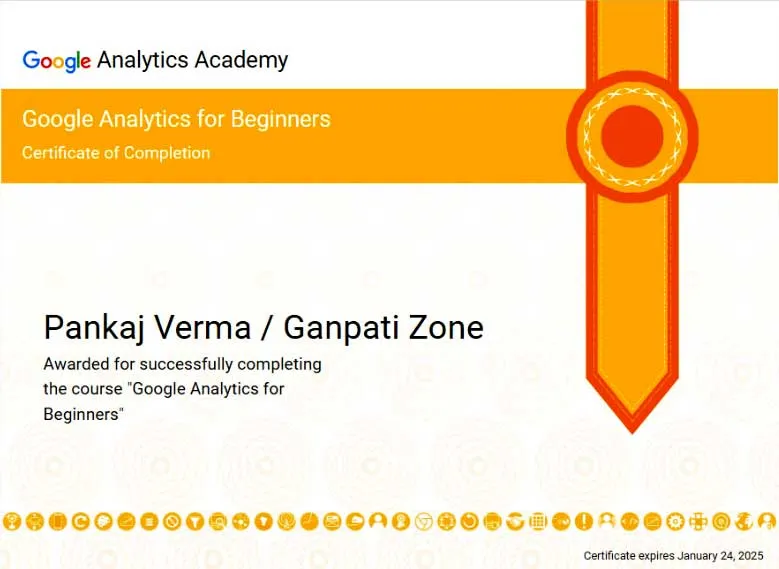
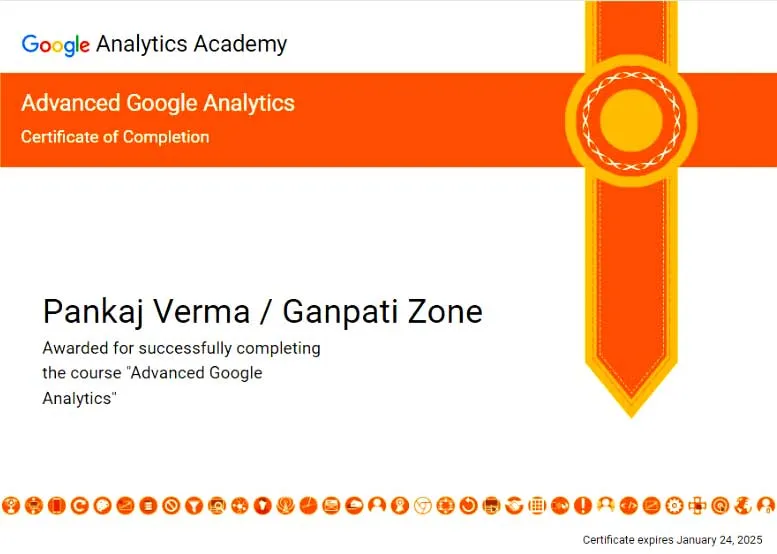
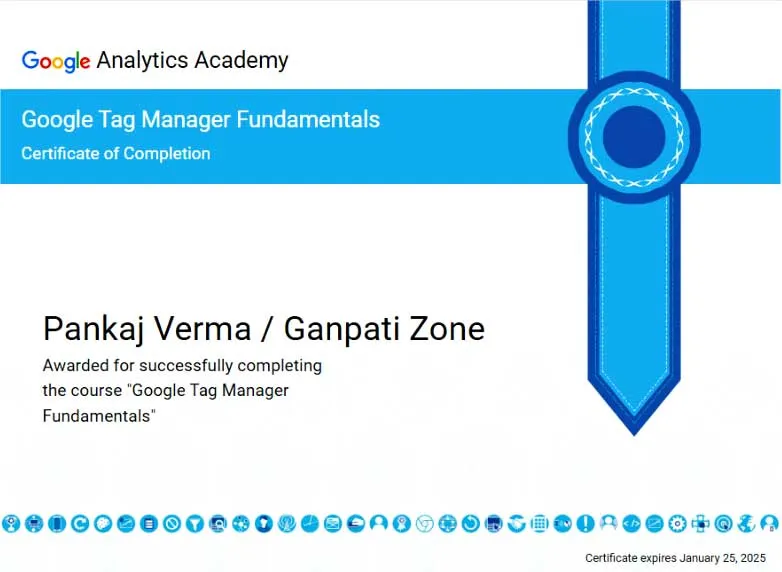
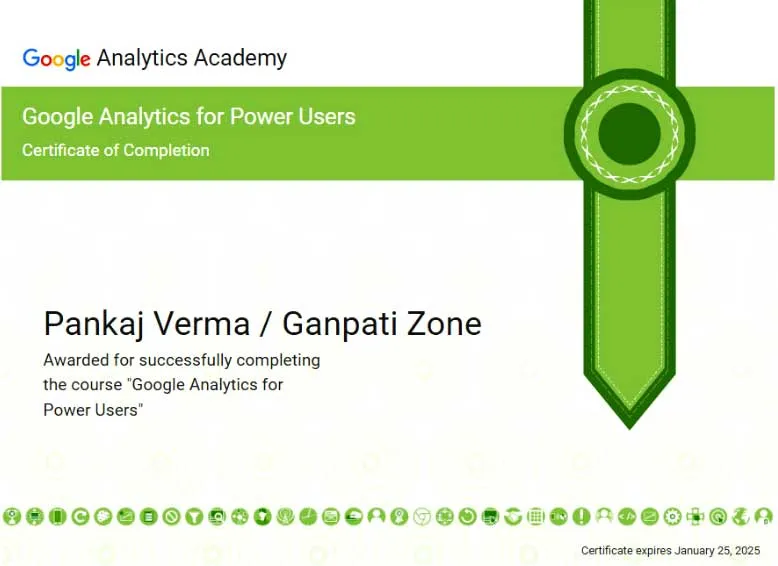


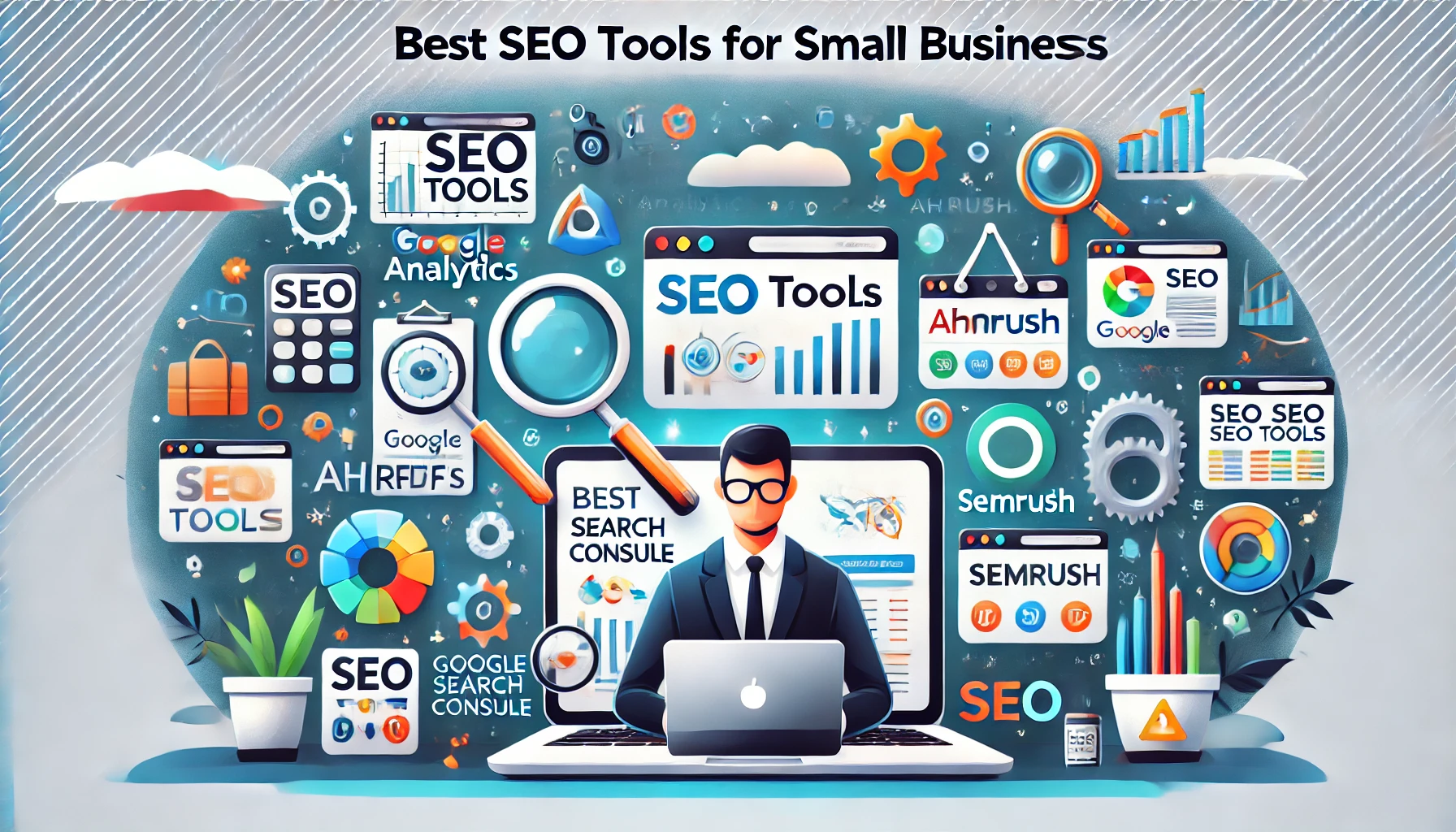
Best SEO tools for small businesses are essential for gaining a competitive edge in today’s digital landscape. Whether you’re a startup or a local business, leveraging the right SEO tools can help you increase your online visibility, attract more customers, and ultimately drive growth. In this comprehensive guide, we will explore some of the top SEO tools specifically designed to cater to the needs of small businesses. From keyword research to on-page optimization and analytics, these tools will empower you to take your SEO efforts to the next level.
Small businesses often face the challenge of competing with larger enterprises when it comes to online visibility. Fortunately, there are several powerful SEO tools for small businesses that can help level the playing field. Below, we’ve compiled a list of the best tools that cater specifically to small business needs, providing features that are both cost-effective and efficient.
As a small business, you may not have the extensive resources that large corporations possess, but that doesn't mean you can't achieve exceptional SEO results. The right tools can give you the leverage you need to outperform your competition in search engine rankings. By focusing on tools that cater to your specific business size, you can ensure that you are maximizing your ROI and making the most of your SEO efforts.
One of the key advantages of SEO tools for small businesses is their ability to streamline tasks that would otherwise be time-consuming and complex. From automated keyword research to real-time analytics, these tools can make your SEO strategy more efficient and effective. In this section, we’ll dive deeper into the features and benefits of the best SEO tools available for small businesses, ensuring you have everything you need to succeed online.
SaaS SEO tools have become increasingly popular among small businesses due to their scalability and ease of use. These tools are hosted in the cloud and provide a range of functionalities, from keyword research to link building and performance tracking. Some of the top SaaS SEO tools for small businesses include Ahrefs and Moz, both of which offer comprehensive SEO solutions that are ideal for small businesses looking to maximize their online presence.
One of the key benefits of SaaS SEO tools is their flexibility. Since they are cloud-based, you can access them from anywhere with an internet connection. This makes it easier for small business owners and marketing teams to collaborate and manage their SEO campaigns on the go. Additionally, SaaS tools often come with regular updates and new features, ensuring that your SEO strategy stays up-to-date with the latest trends and algorithm changes.
Another advantage of SaaS SEO tools is their cost-effectiveness. Many of these tools offer tiered pricing plans, allowing you to choose the features and services that best fit your budget. Whether you need a basic plan for keyword research and on-page optimization or a more advanced plan that includes competitive analysis and backlink tracking, SaaS tools provide a scalable solution that can grow with your business.
When choosing a SaaS SEO tool, it's important to consider the specific needs of your business. Some tools are designed for general SEO purposes, while others focus on specific areas such as local SEO or e-commerce optimization. By selecting a tool that aligns with your goals, you can ensure that you are getting the most value for your investment.
Selecting the right SEO tools for your small business depends on several factors, including your budget, business goals, and specific SEO needs. It's essential to choose tools that provide actionable insights and are easy to integrate into your existing marketing strategy. Consider whether you need tools for keyword research, on-page optimization, or link building, and ensure that the tools you select are designed to meet your unique requirements.
One of the first steps in choosing the best SEO tools for your small business is to assess your current SEO strategy. Identify the areas where you need the most help, whether it's finding the right keywords, optimizing your website content, or building high-quality backlinks. Once you have a clear understanding of your needs, you can start evaluating the tools that will best address those challenges.
Another important factor to consider is the ease of use. As a small business, you may not have the luxury of a dedicated SEO team, so it's important to choose tools that are user-friendly and don't require a steep learning curve. Look for tools that offer intuitive interfaces, clear instructions, and robust customer support to ensure that you can make the most of your investment.
Finally, consider the long-term value of the tools you choose. While it may be tempting to opt for free or low-cost tools, it's important to weigh the benefits against the limitations. In some cases, investing in a premium tool with more advanced features can save you time and money in the long run by delivering better results and reducing the need for additional tools or services.
Not all small businesses have the budget for premium SEO tools. Fortunately, there are several free options available that offer excellent value. Google Search Console is an indispensable free tool that provides insights into your website’s performance in search results. Other notable free SEO tools include Google Analytics for tracking site traffic and SEMrush’s Keyword Magic Tool for keyword research.
One of the key advantages of free SEO tools is their accessibility. These tools are often easy to use and provide a wealth of valuable data that can help you improve your website's performance. For example, Google Search Console allows you to monitor your website's search traffic, identify issues with indexing, and optimize your content for better search engine rankings. Similarly, Google Analytics provides detailed insights into your website's traffic, user behavior, and conversion rates, helping you make data-driven decisions to improve your SEO strategy.
Another benefit of free SEO tools is that they can serve as a starting point for businesses that are new to SEO. By using free tools to gain a basic understanding of SEO principles and performance metrics, you can build a strong foundation for more advanced SEO efforts in the future. Once you have a solid grasp of the fundamentals, you can explore premium tools that offer more specialized features and capabilities.
While free tools are a great resource for small businesses, it's important to recognize their limitations. In many cases, free tools offer limited functionality compared to their premium counterparts. For example, free keyword research tools may provide basic data, but may not offer the same level of detail or accuracy as paid tools. As your business grows and your SEO needs become more complex, you may need to invest in premium tools to achieve the best results.
For small businesses that are ready to take their SEO efforts to the next level, advanced SEO tools provide deeper insights and more sophisticated features. Tools like SEMrush and Screaming Frog offer detailed audits, competitive analysis, and backlink tracking. These tools are particularly useful for businesses that are looking to refine their SEO strategies and stay ahead of the competition.
One of the key advantages of advanced SEO tools is their ability to provide comprehensive data and insights. For example, SEMrush offers a wide range of features, including keyword research, site audits, and competitor analysis, making it a one-stop shop for all your SEO needs. Similarly, Screaming Frog's SEO Spider tool allows you to crawl your website and identify technical issues that may be affecting your search engine rankings, such as broken links, duplicate content, and missing metadata.
Another benefit of advanced SEO tools is their ability to automate complex tasks. For example, many advanced tools offer automated reporting features that allow you to track your SEO performance over time and generate detailed reports with just a few clicks. This can save you time and effort, allowing you to focus on other aspects of your business.
While advanced SEO tools can be a valuable asset for small businesses, it's important to choose tools that are appropriate for your needs and budget. In some cases, you may find that a combination of free and premium tools provides the best balance of functionality and cost-effectiveness. By carefully evaluating your options and selecting the tools that align with your goals, you can ensure that you are making the most of your SEO investment.
If your small business relies on local customers, local SEO tools are a must. Tools like BrightLocal and Moz Local help optimize your online presence for local searches, ensuring that your business appears in local search results and map listings. By optimizing your Google My Business profile and acquiring local citations, you can increase your visibility to nearby customers who are searching for your products or services.
Local SEO tools are particularly valuable for small businesses that operate in specific geographic areas. These tools allow you to track your local search rankings, monitor online reviews, and manage your business listings across multiple directories. By ensuring that your business information is accurate and consistent across the web, you can improve your chances of appearing in local search results and attracting more customers to your location.
In addition to optimizing your business listings, local SEO tools can also help you identify opportunities to build local backlinks. For example, you can use these tools to find local blogs, news sites, and directories that are relevant to your industry and reach out to them for link-building opportunities. By acquiring high-quality local backlinks, you can boost your search engine rankings and establish your business as a trusted authority in your community.
When using local SEO tools, it's important to monitor your performance regularly and make adjustments as needed. For example, you may need to update your business information if you move to a new location or expand your service area. Additionally, you should regularly respond to online reviews and engage with your customers to build positive relationships and enhance your online reputation.
On-page SEO tools are essential for optimizing the content on your website. These tools help ensure that your pages are properly structured, use the right keywords, and provide a great user experience. Surfer SEO and Grammarly are excellent tools that provide content optimization suggestions and help you create high-quality, SEO-friendly content.
One of the key benefits of on-page SEO tools is their ability to analyze your content and provide actionable recommendations for improvement. For example, Surfer SEO uses data from top-performing pages to suggest changes to your content, such as adding relevant keywords, adjusting your headings, and improving your meta descriptions. This can help you create content that is more likely to rank well in search engine results and attract more traffic to your website.
Another advantage of on-page SEO tools is their ability to improve the readability and engagement of your content. For example, Grammarly can help you identify and correct grammar and spelling errors, ensuring that your content is clear, professional, and easy to read. By creating content that is both informative and engaging, you can keep your audience on your site longer and increase your chances of converting visitors into customers.
On-page SEO tools can also help you optimize your website for mobile devices. With more people using smartphones and tablets to browse the web, it's essential to ensure that your website is mobile-friendly. Many on-page SEO tools offer mobile optimization features, such as responsive design testing and page speed analysis, to help you create a seamless user experience across all devices.
Building backlinks is a crucial aspect of SEO, and small businesses can benefit from using link-building tools to acquire high-quality links. Tools like Hunter.io and BuzzStream make it easier to find outreach opportunities and build relationships with other websites. By acquiring authoritative backlinks, your small business can improve its search engine rankings and gain more visibility.
One of the key benefits of link-building tools is their ability to streamline the outreach process. For example, Hunter.io allows you to find the email addresses of website owners and influencers, making it easier to reach out to them for link-building opportunities. Similarly, BuzzStream helps you manage your outreach campaigns by tracking your communications and follow-ups, ensuring that you stay organized and maintain strong relationships with your contacts.
Another advantage of link-building tools is their ability to identify high-quality link-building opportunities. For example, many tools offer features that allow you to analyze the backlink profiles of your competitors and find websites that are likely to link to your content. By targeting these high-authority sites, you can build backlinks that have a greater impact on your search engine rankings and overall SEO performance.
When using link-building tools, it's important to focus on quality over quantity. While it's tempting to build as many backlinks as possible, it's more important to acquire links from reputable websites that are relevant to your industry. By building high-quality backlinks, you can improve your search engine rankings and establish your small business as a trusted authority in your field.
Monitoring your SEO performance is critical for making informed decisions and optimizing your strategy. Analytics and reporting tools provide valuable data on how your website is performing in search engines. Google Analytics and Databox are excellent options for small businesses looking to track their progress and measure the success of their SEO efforts.
One of the key benefits of analytics and reporting tools is their ability to provide real-time data on your website's performance. For example, Google Analytics allows you to track metrics such as traffic, bounce rate, and conversion rate, helping you understand how your visitors are interacting with your site. By analyzing this data, you can identify areas for improvement and make data-driven decisions to enhance your SEO strategy.
Another advantage of analytics and reporting tools is their ability to generate detailed reports that provide a comprehensive overview of your SEO performance. For example, Databox offers customizable dashboards that allow you to track your key performance indicators (KPIs) and visualize your data in a way that is easy to understand. This can help you stay on top of your SEO goals and make adjustments as needed to achieve better results.
Analytics and reporting tools can also help you identify trends and patterns in your SEO performance over time. For example, you can use these tools to track your search engine rankings, monitor changes in your organic traffic, and identify seasonal trends that may impact your business. By staying informed about these trends, you can adapt your SEO strategy to capitalize on new opportunities and address potential challenges.
In today’s competitive online environment, having the right SEO tools for small businesses is crucial for success. Whether you’re just getting started or looking to refine your existing strategy, the tools mentioned in this guide will provide you with the insights and capabilities you need to improve your search engine rankings and drive growth. Remember, the key to effective SEO is consistency and continuous improvement. By regularly monitoring your performance and making adjustments as needed, you can ensure that your small business remains visible and competitive online.
For further reading, visit Ganpati Industries or check out this location on Google Maps.





Pankaj Verma (Ganpati Zone) certifications teach him the best skills. This means great marketing from India. Trust Ganpati Zone for the best marketing. Check out my SEO certificates.







